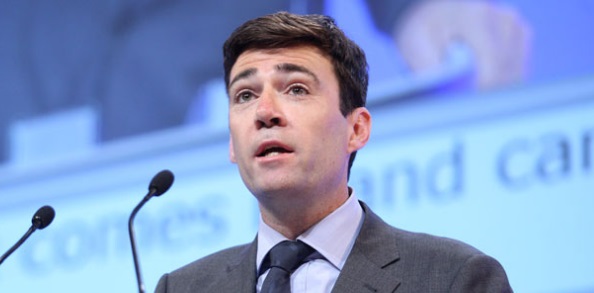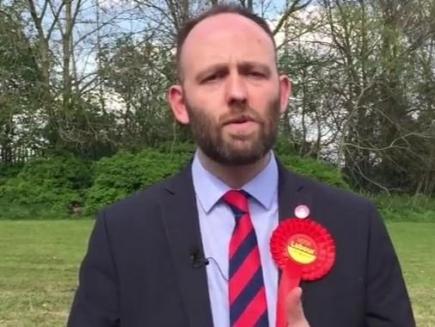The tragic death of two-year-old Awaab Ishak in Rochdale sobered the nation and shone a light on extreme landlord negligence. But the Greater Manchester Combined Authority is determined to right the wrongs of the past with a new housing policy. Mayors of Greater Manchester and Salford, Andy Burnham and Paul Dennett, as well as Greater Manchester Housing Providers Chair Charlie Norman sat down with Mancunian Matters to discuss their plans…
The GMCA has announced the launch of the Greater Manchester Good Landlord Charter, a national first that requires landlords in both the private and social rented sectors to meet acceptable housing standards.
This new policy marks a major shift in the approach to housing in the area, one that prioritises the basic needs of all residents and strengthens from the bottom-up.
Leading the charge is Greater Manchester Mayor Andy Burnham, who has injected £1.5million of the city region’s budget to support the Good Landlord Scheme and increase its enforcement.

Burnham said: “The basics of life — housing, transport, water, gas, electric, homes — they should be regulated to a certain level, and controlled in a way that people can afford them.”
Currently, tenants are at the mercy of landlords and have little power to hold them to account.
But, under the Good Landlord Charter, landlords will be held responsible for ensuring their properties meet the decent homes standard, as determined by residents.
“It’s a meaningful measure of accountability at a local level,” said Burnham.
He emphasised the ‘good’ in Good Landlord Charter, and hopes this accreditation will inspire those property owners into action.
He added: “If public money is going to go into the pocket of private landlords, there should be a corresponding duty from then to ensure that the home they are renting out to receive that public money is at least to the decent homes standard. HIGHER UP
“I am saying to the many good landlords out there — why not get the recognition you actually deserve for the job that you do? At the moment you get tarred with the same brush with all of the others.”
The Good Landlord Charter was initially part of Burnham’s mayoral manifesto, but it was extended to include the social rented sector following the death of Awaab Ishak.
Charlie Norman is the Chair of Greater Manchester Housing Providers, which owns 260,000 affordable homes between their 24 branches — one in five homes in the city region.
She contacted Burnham the day after the coroner’s report was published and expressed the need to be proactive in light of the tragedy.
Health is a crucial underpinning of the scheme. Recent census figures show that 40% of the population in Greater Manchester are currently living in rented homes, but it is estimated that 30%-40% of those homes do not meet decent homes standards, putting the health of thousands of people at risk.
“We’ve got some of the oldest and coldest homes in Europe, especially in Greater Manchester where it rains all the time,” said Mr Norman.
Michael Gove, Secretary of State for Levelling Up, Housing and Communities, recently announced that £15m is coming into Greater Manchester to tackle short-term works on damp and mould in the wake of the Rochdale tragedy.
“Your health should start at home and where you live, and not end up in clinical settings. We’ll be looking at all of that,” said Mr Norman.
Health will join the GMCA and GMHP in this effort in a new task group, which will be working to bring the Charter into place by the end of the year.
“We do work together in Greater Manchester, it’s really unique and special what we do,” said Norman.
City Mayor of Salford, Paul Dennett, is also part of this effort. He has a history of improving housing standards — his local authority was the first in the country to bring in selective landlord licensing.

Dennett believes that the current state of housing in the UK is a result of “decades of failed national housing policy and 13 years of austerity, which has decimated regulatory services in local government”.
Conditions at the bottom end of the private rented sector are often worse than those in social housing, but a lack of investment has resulted in a huge reduction in people living in the social rented sector.
“We often portray this as a choice, I don’t think this is a choice a lot of the time,” said Dennett.
“It wasn’t that long ago when you had doctors, shopkeepers, bread-makers, living in council houses. It was the norm.”
Mr Burnham added: “2023 will be a year of action on housing standards.”


